|
By Jessica Liu For hundreds of years, minorities have borne the brunt of America’s legacy of systemic oppression. From undergoing a forcible uprooting from their homeland to resisting the death of their culture and languages, Native Americans have long endured this burden. Joy Harjo, the first Native American Poet Laureate, unpacks themes–of resiliency, destruction, memory, and the power of storytelling–shaped by her heritage as a member of the Mvskoke/Creek Nation in the poetry collection "An American Sunrise." In doing so, she pays homage to her rich tribal culture. In her poem “Break My Heart” lingers the reminder that no matter how distant, “history will always find you, and wrap you / In its thousand arms”: Harjo’s poetry stems from her return to Okfuskee, Oklahoma, where her ancestors, the Mvskoke people, were violently uprooted and forced west under the Indian Removal Act of 1830.
0 Comments
By Anya Shukla If I had to describe Trisha Beher in one word, I would pick the slightly cheesy “artivist.” When I first talked to Trisha Beher, I thought she was just a visual artist. As we spoke further, however, it became clear that she has explored a variety of disciplines, from digital art to music. But the one throughline that connects her diverse practices? Beher wants her artwork to make an impact.
By Anya Shukla I wish to dedicate this article to the strong women in the arts that kept me going. To my all-girls family (they don’t do art, but one plays a little bit of piano), Ms. Was, and other wonderful artists/teachers that put faith in me. - Huong Nguyen “I can show you some, if you want.” Huong Nguyen moves offscreen. I hear a rustling noise. She comes back holding several sheets of white paper. “They’re so cute!” she says, excitedly holding the pages to the camera. “This sounds so cheesy, but I carry these with me at school. During lunch, I just open them and read them,” she adds. Houses and trees, drawn with colorful markers, fill each sheet. Each month, Nguyen receives several of these adorable pictures from orphanages.
By Anya Shukla and Kathryn Lau Over the past few months, we have seen an uptick in crimes against Asian-Americans due to fears surrounding COVID-19: in Seattle’s International District and Chinatown, for example, Asian restaurants have been vandalized. However, Keoke Silvano, a Filipino photographer and advisor at the University of Washington, recently facilitated an art project to support these businesses. We spoke with him to learn more. Q: Could you describe your recent work in the International District? A: I was just driving by Jade Garden—that’s a restaurant in Chinatown that I see frequently—and I saw they were putting boards up. I thought they were closing the doors—that’s what you think when you see people boarding up a building—so I stopped and learned that somebody had broken out the windows. I knew that when you have boards up on a building, it’s an open invitation to taggers to just come in and do some graffiti art. I wanted the owner to have a little more control over his property. So I talked to him about painting murals on those boards; I then put a call out for artists on Facebook. And in 30 minutes, people already wanted to come and paint.
By Jessica Liu “Here’s the house with childhood / whittled down to a single red trip wire,” the speaker declares in “Someday I’ll Love Ocean Vuong,” part of Ocean Vuong’s 2016 poetry collection "Night Sky with Exit Wounds." Indeed, the collection pares down a medley of emotions and past experiences into haunting poetry that lingers in the middle of intersections between past and present, masculinity and femininity, Vietnam and America. Vuong, a gay, Vietnamese-American man, is no stranger to these dichotomies himself. His heritage and identity seep into his poetry, offering unique vulnerability to his words. The collection begins a discussion of the rippling impacts of familial bonds with the poem “Threshold,” in which the speaker watches his father sing in the shower. The father drifts beyond the speaker’s reach like an apparition, "the rain / falling through him" as if he were only a shadow. Similar visions of the narrator’s often-absent father linger across multiple poems as a testament to the lasting influence of one’s roots and upbringing. At one point, the narrator wishes “the day will close without / the page turning as [his father] wraps his arms around / the boy’s milk-blue shoulders”; this sense of longing permeates the book.
|
Archives
February 2023
Categories
All
|
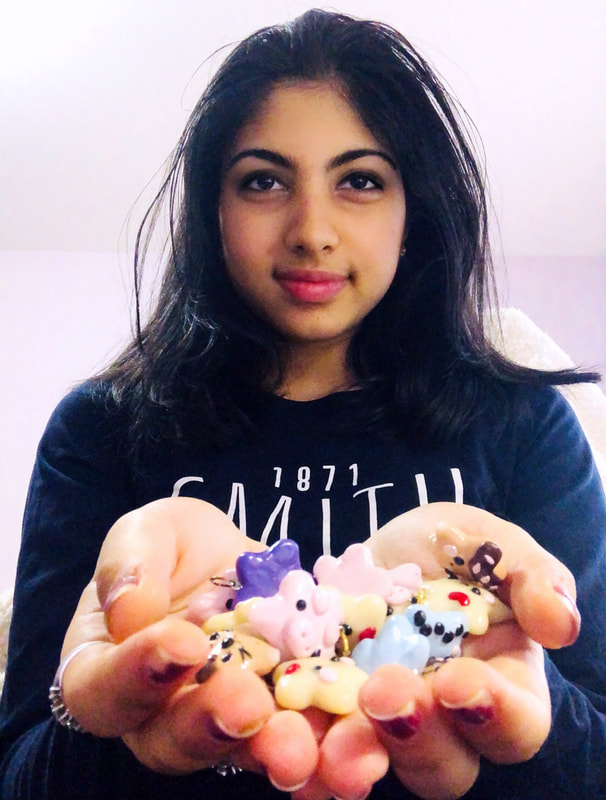
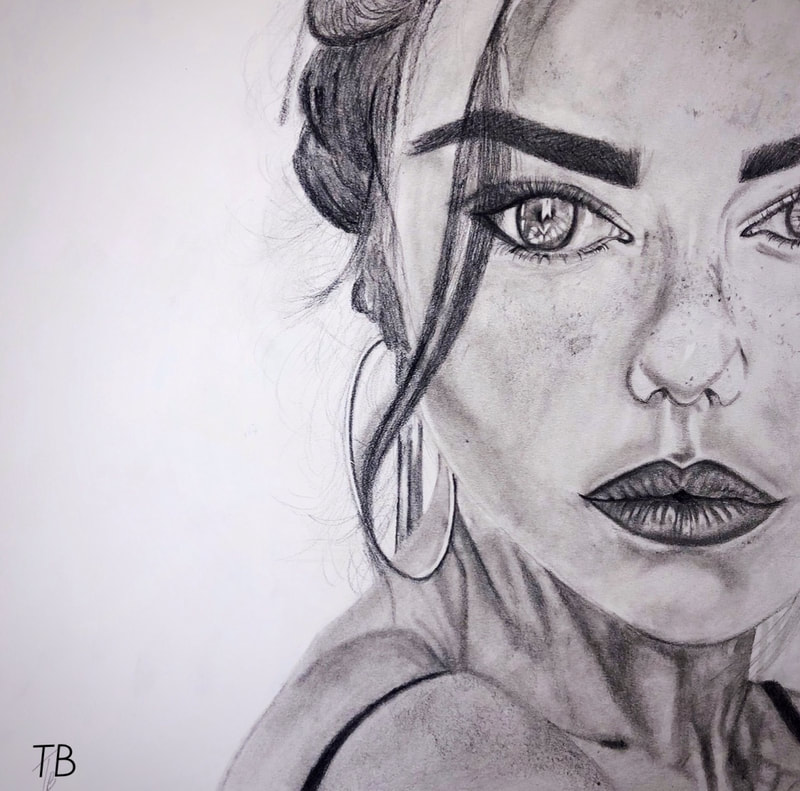
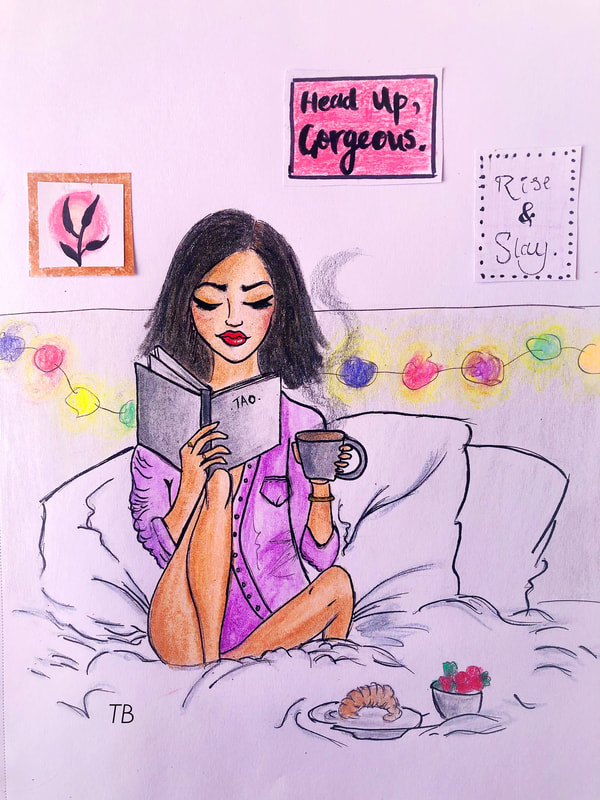
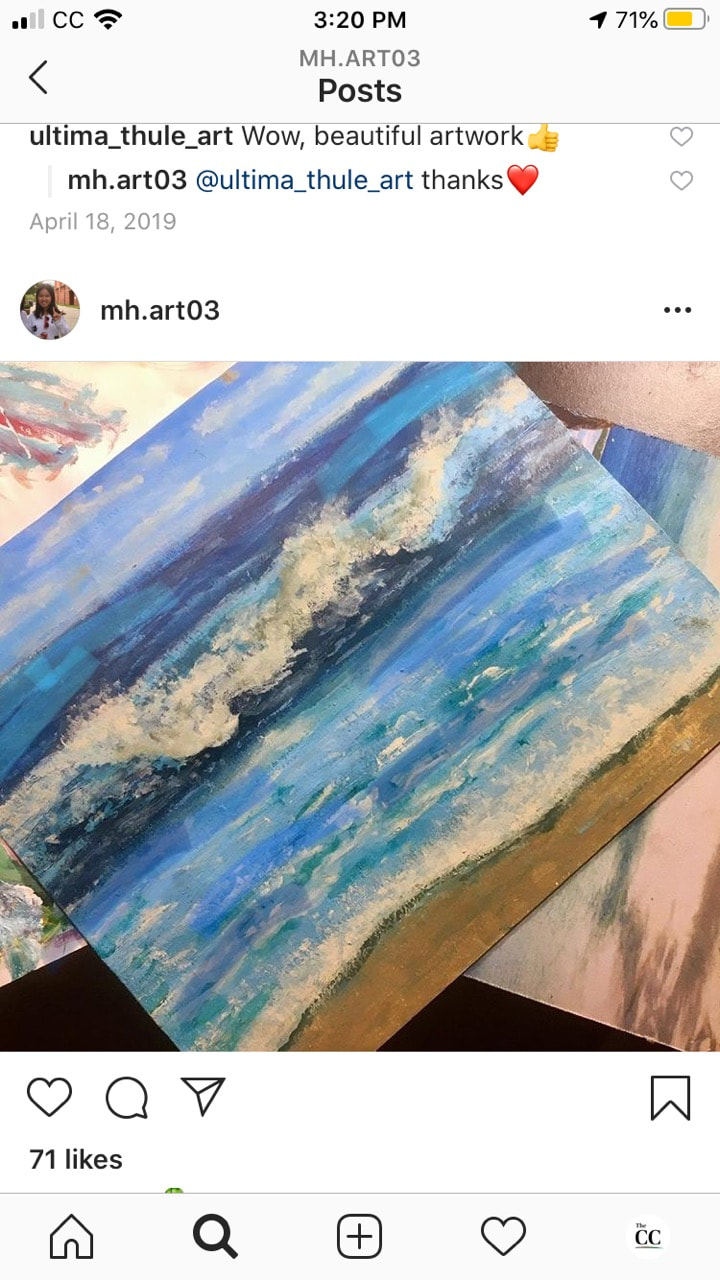
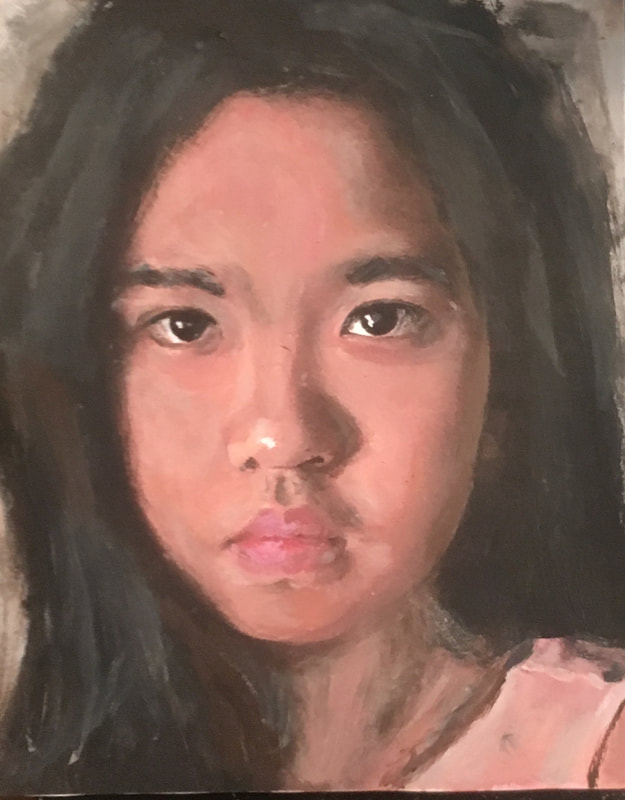
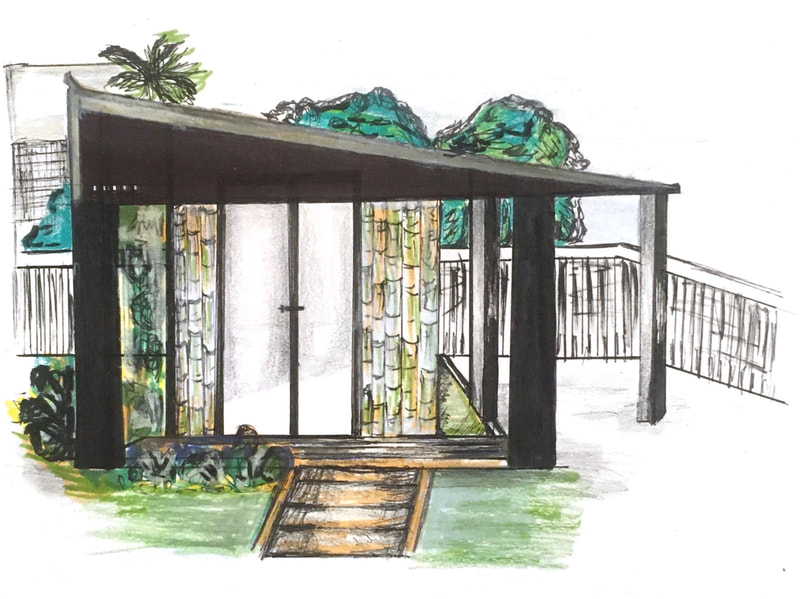
 RSS Feed
RSS Feed